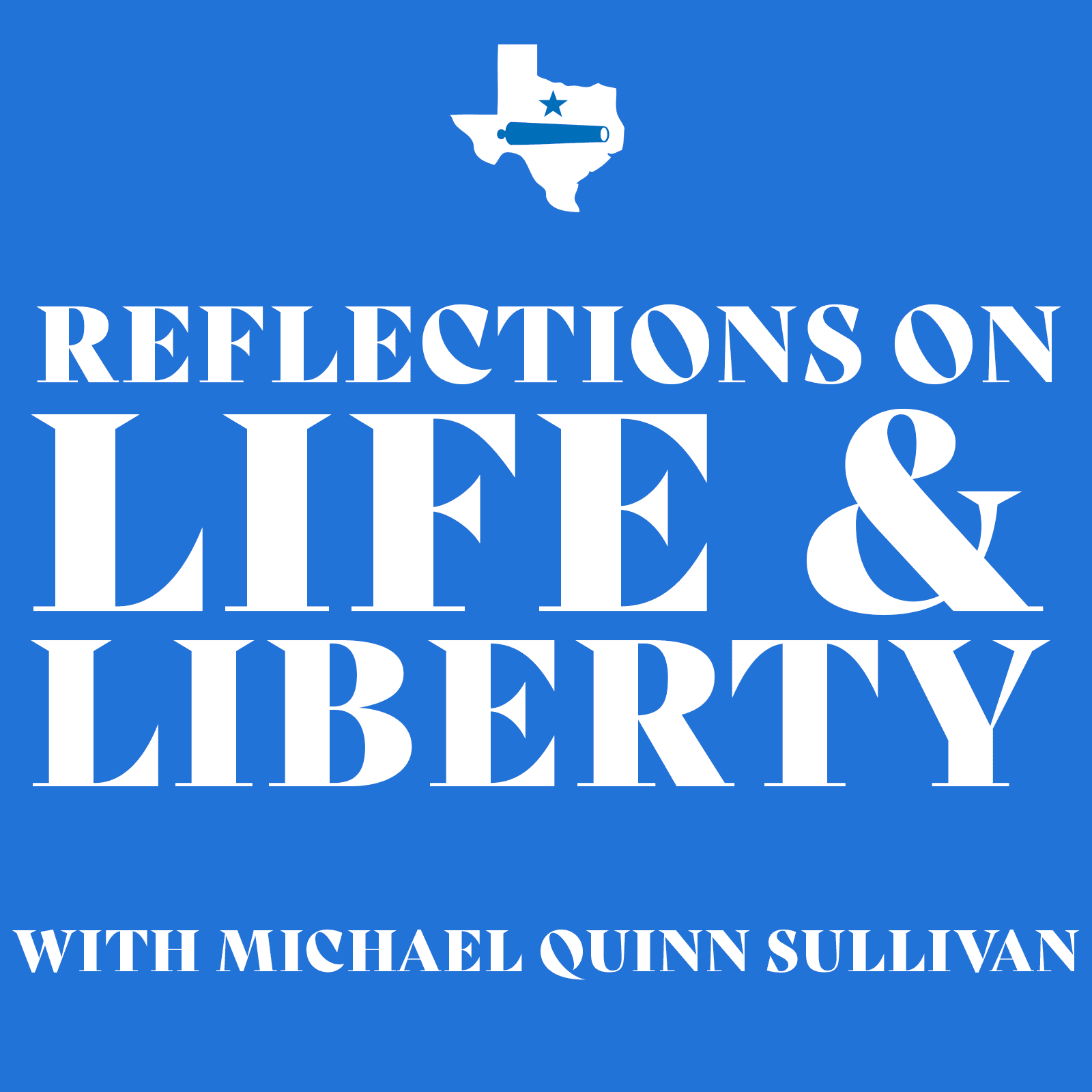New residents of the Lone Star State are often amazed at how often we amend our constitution. This year, we have 17 amendments on the ballot. Ignore them at your peril.
Adopted in 1876, the Texas Constitution was designed to keep power as divided as possible. The features of our state government included a weak governor with comparatively few executive appointments, a part-time legislature, and an elected judiciary. Matters of law that in most states are handled by statute instead require public ascent through constitutional amendments. But even then, there are no citizen-led initiatives or referendums, meaning that the part-time legislature must generate those amendments.
It was all designed to keep government small. How successfully it has done so is another matter, given the size of state spending in recent decades and the steady drumbeat of government expansion.
All of the amendments on the 2025 ballot are important as each will impact life and liberty in the Lone Star State. The topics range from a new scheme for funding water projects to much-needed property tax relief.
There are a great many resources available to help navigate the details. You will even find that conservatives disagree on both the philosophical propriety and the real-world application of some of the proposed amendments. Such debates and disagreements should be encouraged, as they will help drive forward better policy.
Let me offer a thematic example. I will be voting for all the propositions dealing with property taxes (those are 7, 8, 9, 10, 11, 13, and 17). For the most part, these are “exemptions” and “exceptions.” Such efforts will reduce property tax burdens; for some, the savings will be vanishingly small, while significant for others.
There is a healthy argument to be made against such exemptions. By eliminating or exempting some individuals from property taxes, some right-thinking individuals can argue, the burden—theoretically—might get heavier for everyone else. The thinking boils down to this: the political energy focused on exemptions and exceptions to property taxes could be better spent on eliminating property taxes altogether.
I categorize that as philosophically correct—if politically wishful—thinking. Nothing on this 2025 ballot will eliminate property tax burdens. The fact is that property taxes will not be eliminated, or even significantly reduced, until some number of legislators and a large number of local officials lose their elections over the property tax issue. If homestead exemptions had been “off the table” in 2025, the result would not have been the elimination of property taxes. It is sad that 25 years into our state being Republican-dominated, our property tax burden is higher than ever.
And, no, cutting property taxes doesn’t require an income tax; that is a moronic threat levelled by those who want to keep the immoral system in place. Somehow, a half-dozen other states have managed to avoid income taxes while also having lower property tax burdens than Texas. Surely we are at least as competent as they are!
As for me, I look at it like a sinking ship. I’d prefer the ship not sink, but faced with the harsh reality of an icy ocean far from land, I want to save as many people as possible. So, I vote for property tax exemptions and exceptions without a millisecond of hesitation.
Those who wish to be governed over, who hope to have wise men make beneficent decisions on their behalf, can afford the luxury of wishful thinking. I suggest that, as citizens ruling over Texas, we must work in the light of what is actually before us.
The cause of liberty in the practice of self-governance demands a certain pragmatism that requires the citizenry to keep focused on what we want while acting deliberately in the present.
As Texans, we have the opportunity to exercise our constitutional muscles and engage in the business of governing our state. However you vote, I hope you will take advantage of it.

